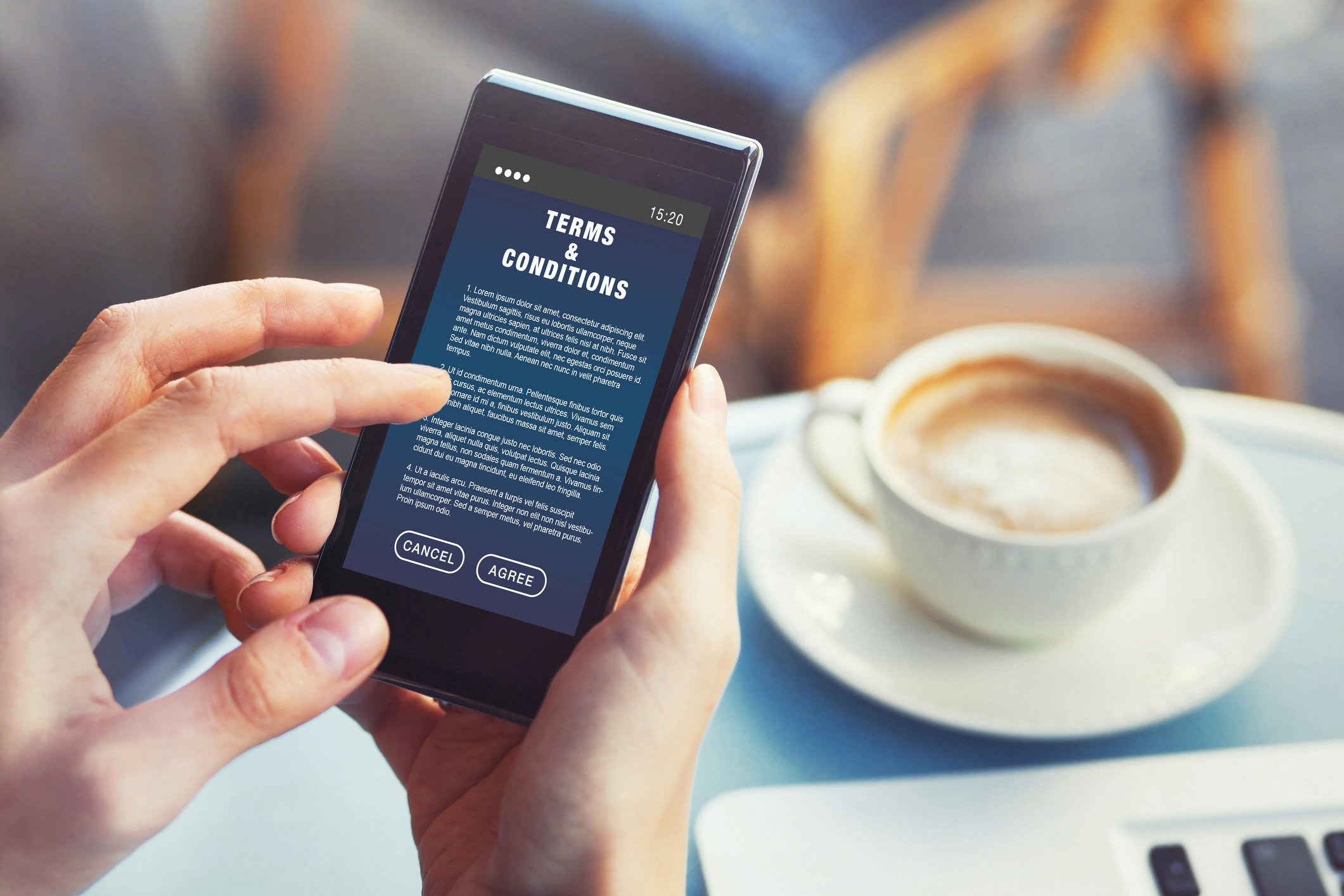How each of us can do our bit to help ‘Restore our Earth’
Motivforce People and Planet – how each of us can do our bit to help ‘Restore our Earth’
Marked by millions around the world, Earth Day is an annual event on 22nd April designed to shine a light on the serious environmental problems our planet is facing, from the climate crisis to air pollution and deforestation.
For 2021, this year’s theme is ‘Restore Our Earth’, which focuses on what needs to be done as the world recovers from the effects of Covid-19. The message is that it can’t be ‘business as usual’ if we are to make a lasting and transformative impact on repairing environmental damage.
At Motivforce, we believe that every day should be Earth Day, so it’s vital that we continue to take action throughout the whole year. Each of us can do our bit to help. Here are some of the actions that our people around the world are taking personally; the green initiatives that we as a business are supporting; and the sustainable measures that our clients are introducing.
Our People
Kate, Program Co-ordinator based in the UK: “I hate the thought of the environment and oceans being affected by human laziness. It is heart-breaking. In our house we recycle anything and everything that can be recycled. Also, with growing kids we either pass clothes onto friends with smaller children or take to charity shops or fundraising opportunities through the kids’ schools. We walk to school - no matter what the weather! So, throughout lockdown our car has hardly moved!”
Deysabel, Operations Team Member, based in Dominican Republic: “I don't eat meat. I stopped buying plastic bottles of water, and have a reusable one that I take with me, and a cup with a cap for the coffee. I stopped using plastic straws, and switched to paper ones and I’ve changed plastic bags for reusable or paper bags.
Annika, Account Director, based in Belgium: “We only have one planet, right? I eat very little meat, and have replaced milk and yoghurt with coconut milk substitutes. I make a big deal about buying eggs from a farmers’ market and I boycott food products that use palm oil. I don't buy bottled water and I make a point of avoiding any plastic wrapping where possible. I buy cruelty-free cosmetics and ‘green’ cleaning products, and never use any pesticides in my garden.”
Yashodha, Event Director based in Australia: “We had our light fittings changed to energy saving lights. If it's cool in the evening I put on a jumper before turning the heater on. At Christmas we had a solar projector light to decorate the house instead of using the plug-in lights. Paper, plastic, glass, food waste are all recycled via separate bins in our kitchen. I sell my used clothes online or donate them to charities. I walk to the supermarket to do my shopping instead of driving (that way I also get exercise and don't over buy as I have to carry it home). I use reusable bags when shopping for food and also when going shopping for clothes so I don't have to use a plastic bag. I hang washing outside to dry and I put it undercover if it's raining instead of using the dryer.”
Nelson, Global Operations Director based in Georgia, United States “We live on a farm and the entire property, barns, sheds, etc are equipped with energy efficient LED light bulbs. We also have a couple of solar lights in the horse pasture and solar uplights throughout the main yard. There are between 2000 and 3000 pine and oak trees planted on the property.”
Gilly Parker, Help-desk Coordinator, based in UK: “Since the gyms shut during lockdown, I have taken to doing my own 'Spin' classes - no-longer am I driving to the gym (saving polluting the atmosphere with petrol fumes), I cycle to the supermarket, buying only what I can carry in my rucksack. Great for my fitness, better for the environment and I only buy what I need. As a family, we try to recycle everything we can. Games and toys have been picked up by a local lady, who is using them in the local school. The pandemic has provided time to think about up-cycling - using off cuts of 'wood' to make a bar in the garden with an old tractor top to lean on.”
Mariela, Operations Team Member, based in Argentina: “I had a filtered water tap installed in order to avoid buying as many plastic bottles as possible. Also, I bought a sodastream to make fizzy water and soft drinks when possible. I recycle food waste to feed my plants making them grow stronger and prettier. Cardboard, metal, paper gets recycled always and we have different bins for these. I have solar panels to supply my electricity needs. And anything else that can contribute daily, I consciously apply or adapt when possible.”
Matt Logan, Operations Manager based in Australia: “Having kids motivates you to do more to save the planet. The impact of commercial fishing globally has prompted us to stop eating any commercially caught fish, whether tinned or fresh. No more fish fingers for my daughter – that's a pretty big sacrifice for a six-year-old! We are finding plenty of other plant-based items to eat instead of fish. Plus, we will learn to fish for ourselves with a bit of luck and time. It’s so important to recognise the important role our oceans play in removing carbon from the atmosphere.”
Sarah Cull, Software Developer, based in the UK: If I need to go anywhere within ten miles, I choose to walk or cycle. Not only is it better for the environment but it gets my exercise in for the day too! We have backpacks and panniers for the bikes so we are able to load up quite a bit during a shopping trip if we need to. I always try to buy produce in plastic free packaging, and last year began to use a milkman in order to have reusable glass bottles instead of buying the plastic ones from the supermarket. My aim this year is to gradually replace the products we use with more eco-friendly ones and endeavour to purchase from companies which are actively making an effort to change their carbon footprints.”
Panda Worrall, Business Development Consultant, based in the UK: “I have long been passionate about choosing eco-friendly alternatives to everyday products and practices from sustainable electricity suppliers to organic food and cottons to reducing and recycling plastics, saying no to fast fashion and yes to composting. This passion led me to set up Nurture Nature Zone, a social enterprise community for sharing sustainable, eco-friendly knowledge, ideas and products that help us tread more lightly on the planet one small step at a time towards a brighter future. Working with Motivforce is consistent with these values that I hold so close to my heart; it is a company conscious of climate change and with a conviction and culture that empowers us to believe that we can all make a positive difference to the world in which we live.”
Our Business & Our Clients
Nick Merry, CEO says: “Our motivation is to help companies who provide environmentally sound products or who provide services that are focused on sustainability to increase their market share through motivational reward and loyalty programs. As a business we also have minimal carbon footprint as all of our people have always worked remotely around the world from home, meaning no one has to commute to an office. We also travel rarely on business, and if we do we aim to carbon offset where we can. You could say we are seasoned professionals at virtual meetings, in fact we have been doing this long before the Covid pandemic forced so many other companies to adapt to working from home and meetings via Zoom. Because we operate as a virtual business, there is also minimal use of paper. When we run events for our clients we always aim to offer an environmental element to the program that aligns with our clients corporate social responsibility. We will continue to look at new ways to ensure our business remains Earth friendly.”
Nadia, Project Manager says: “We have expanded our client portfolio to support renewable energy companies such as LONGi Solar, a specialist solar technology company, to incentivise retail partners to sell more sustainable energy solutions.”
Ko & Debbie, Co-directors, R&D “We have said it before, and we do not hesitate to say it again, B2B loyalty programs must play a part in making organisations and their channel partners’ strategy more sustainable. We are encouraging our clients to educate and motivate channel partners on end-of-life cycle programs, product-emission rates, packaging and transportation, green-selling pain points and, generically, enlighten them on the value propositions of environmental stewardship.”
Nelson, Global Operations Director: “We are adding more virtual cards and e-vouchers to the rewards offering in our client programs. For clients who still wish to keep a physical card, we are sourcing suppliers who provide environmentally friendly cards made from recycled or biodegradable PVC, ocean-bound plastic, wood, or paper board. We have also introduced charitable giving within the reward framework of our clients’ programs. Participants now have the option to donate their points to 20,000 different charities.“
Annika, Account Director says: “We have seen some impressive initiatives from channel partners in some of our client programs. For example, we had a participant who asked us to donate the 500 euros value of his points to a local animal shelter.”
Jill, Account Director says: “The Know Your IBM program is currently supporting IBM’s fundraising drive for the World Health Organization Covid-19 Solidarity Response. IBM pledged to donate up to US$1M on sales of eligible products sold via Know Your IBM participants who will receive a Challenge coin to thank them for their support”











